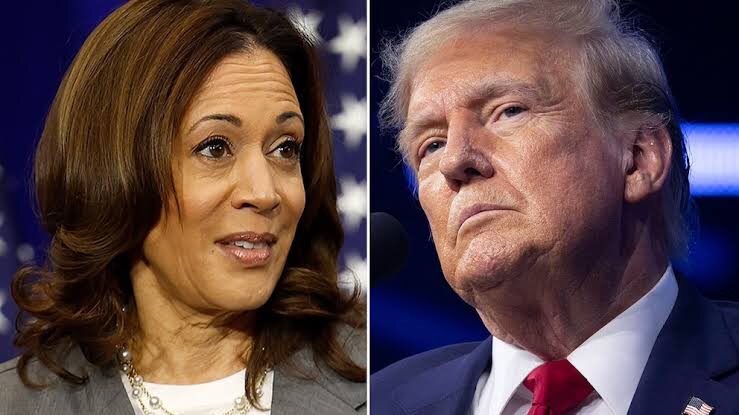Donald Trump has announced that he will not participate in another presidential debate with Kamala Harris before the November election.
This decision comes two days after their initial debate in Philadelphia, which Trump claimed to have won.
He suggested that Harris’s call for a rematch stemmed from her belief that he had clearly outperformed her.
Post-debate polls showed that many voters felt Harris had the upper hand, with some accusing the ABC News moderators of bias.
Trump, who spoke out on Truth Social, criticized the debate format and dismissed the need for a second round, implying that the first debate had already sufficed.
At a campaign rally in North Carolina, Harris argued that a second debate is necessary for voters to make an informed choice, given the stakes of the election. She emphasized that Trump should be willing to face her again if he truly believes he won the first debate.
Trump’s refusal contrasts with earlier indications from his campaign. Jason Miller, a senior adviser, had suggested that Trump was committed to participating in three debates.
This latest development also diverges from the ongoing discussions between the campaigns about a potential debate on NBC News.
Political analysts and independent voters have noted that Trump’s decision might be a strategic move to avoid further scrutiny and preserve his current standing.
Adam Green of the Progressive Change Campaign Committee suggested that Harris could benefit from the positive impression left by the first debate, while Jeremy Petersen, an independent voter, noted that Trump’s avoidance could indicate a lack of confidence.
The debate between Trump and Harris, watched by a record 67.1 million viewers, has become a focal point in the highly competitive race, with polls indicating a tight contest in key battleground states and a slight lead for Harris nationally.




